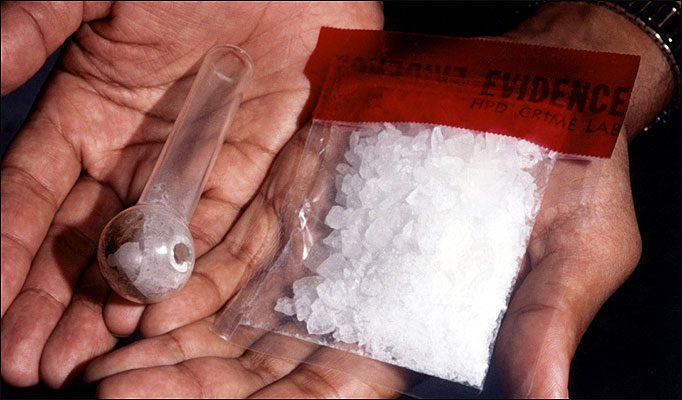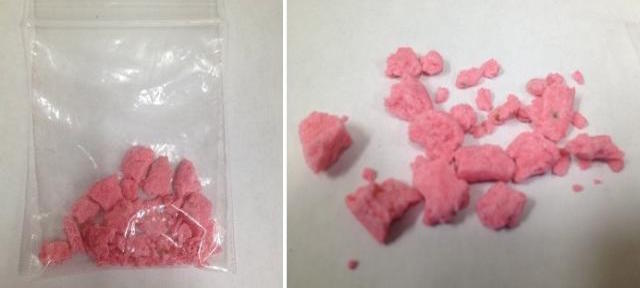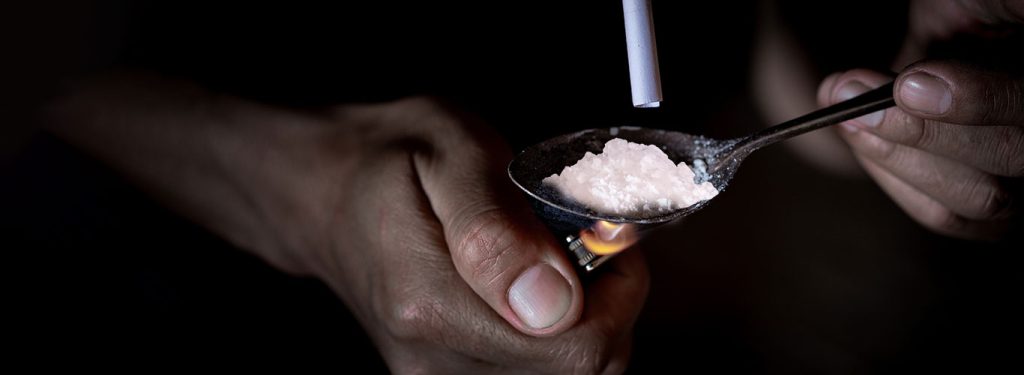The highly addictive drug which poses threat to the Pacific region – methamphetamine locally dubbed the ‘Power Drug’ — is spreading across the Western Province, sparking alarm among communities, health advocates and law enforcement.
Reports reaching the Solomon Star claimed this lucrative drug has not only infiltrated Munda, but is also circulating in Choiseul, Shortland and other islands in Western Province raising fears of a national crisis.
Once sold at around $3,000 per gram, meth is now reportedly available for as little as $100 for a small “10 grain” of sugar – an indication of mass distribution and deliberate targeting of lower-income users.
According to a source, the instruments for preparing and consuming the drug are also being sold discreetly, costing around $600 up to $2000 SBD depending on its originality.
“The glass to smoke and puff on the drug is sold for $300.
“The scale of the trade is staggering: a kilograms of meth is said to fetch a value equivalent to a brand new Land Cruiser vehicle pulled out from Ela Motors.
“However to cut costs, local users often resort to smoking the drug using empty perfume bottles, even worse the use of syringe is very dangerous,” the source revealed.

Smuggling networks are believed to be using both air and sea routes to traffic the drug into the country, bypassing weak border controls.
Sources claimed Munda is not an isolated hotspot but part of a much wider distribution network that reaches the capital Honiara.
However, it is unclear whether the suspicious power supplier there may use it for its own consumption or might a supplier to local users.
“But I don’t think locals in Munda could afford to buy the one gram of Meth (ICE) that cost $3000 dollars.
“But if so then they would go for $100 for only just a 10 grains of sugar that is too little but the substance is too strong than marijuana ,” the source added.

An insider further alleged that some top senior figures — possibly within security and political circles — are likely to be involved in the trade, making enforcement even more difficult.
In Choiseul, the drug is suspected to have been trafficked for years long before through logging vessels, while in the far west and other parts in the province their daily use has reportedly become common, especially among people engaged in heavy labour requiring endurance or “power.”
In Honiara, methamphetamine distribution has expanded into what sources describe as a “supermarket” for manufacturers and dealers operating through underground networks.

According to insiders’ accounts, distributors meet at designated buying spots, where transactions and deliveries are arranged through trusted suppliers.
Sources claimed that Asian suppliers are highly selective about who they work with, often choosing local operatives to handle street-level distribution.
Disturbingly, allegations point to the involvement of high-ranking figures — including current and former politicians, senior security officials, and even corrupt police officers in the drug trade.
“The system is carefully staged. Some individuals are merely puppets or scapegoats, caught up and controlled by those operating at the upper level,” one source alleged.
Despite the rise in use, current laws remain inadequate. Methamphetamine and cocaine are not listed as “dangerous drugs” under the Solomon Islands Dangerous Drugs Act, making prosecution difficult.
Legal experts say amendments—or ministerial action under Section 13(2)—are urgently needed to close this loophole.
Just recently on Tuesday Police Response Team (PRT) recently carried out an intelligence-led raid on a residence in East Honiara belonging to a foreign national.
Officers seized a plastic bag containing a pink crystalline substance, later confirmed by forensic analysis as methylamphetamine (‘Ice’).
Additional evidence linked to domestic production and distribution was also recovered.
The suspect is now detained at the National Criminal Investigation Department (NCID), Rove, pending further investigation.

According to the Director of Public Prosecutions (DPP) Andrew Kelesi, he told Solomon Business Magazine while the Dangerous Drugs Act criminalizes substances like cocaine and methamphetamine, current provisions only cover importing, exporting, and transporting.
“Possession, supply, or manufacturing of methamphetamine remain outside the scope of the law—leaving critical gaps in enforcement” DPP Kelesi said.
The DPP has called on lawmakers to urgently amend the Act, warning that without legislative reform, activities that should clearly be criminal will remain beyond prosecution.
In late 2023, seizures were made at the Honiara Post Office and Ranadi, which were later destroyed at sea after proper documentation.
However, the scale of the problem appears to be growing faster than enforcement efforts.
At the 2025 Pacific Regional Security Conference held on July between 14th to 16th July in Suva Fiji, regional leaders warned that meth is no longer just a transnational trafficking issue but has become a domestic crisis undermining social stability and security.
Harm reduction programs, stronger border enforcement and regional cooperation were highlighted as urgent priorities.
The Pacific Security College has also noted that the Solomon Islands and other Pacific nations are increasingly being used both as transit points and as emerging consumer markets for synthetic drugs, particularly methamphetamine—a trend described as deeply alarming for the region.
According to Fiji Sun news from 2020 to 2024, meth-related cases surged from just 100 to 366 annually.
“This escalating trend is particularly concerning among youth, including individuals under 18.
“Between May 2024 and May 2025, Fiji recorded 343 meth cases as part of a total of 2,446 illicit drug offenses,” it reported.
According to National Institute on Drug Abuse, Methamphetamine is a lab-made (synthetic) stimulant with high addiction potential.
When sold as shiny bluish-white rocks or crystals, it may be called “crystal meth,” “Tina,” or “ice.”
Methamphetamine’s short-term effects typically include feelings of euphoria and increased alertness and energy.
It can also cause serious negative health effects, including paranoia, anxiety, rapid heart rate, irregular heartbeat, stroke, or even death. Long-term use may lead to insomnia, memory loss, development of a substance use disorder, and other health problems.
A senior doctor in the country said that the rapid spread of the methamphetamine use in the country is fueling addiction, violence, and social breakdown, causing mental health crises, aggression, and family disintegration once it is getting out of control.
By ULUTAH GINA
Solomon Star, Gizo









